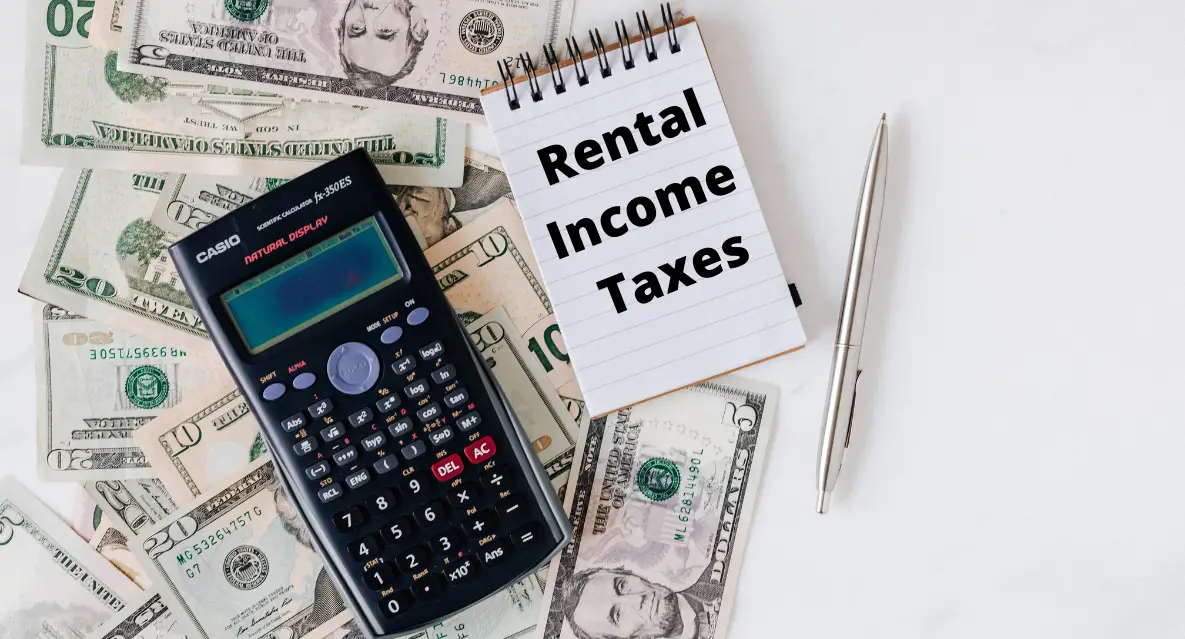Do You Have to Pay Taxes on Rental Income? Explained
Do You Have to Pay Taxes on Rental Income? Explained
Blog Article
When renting out home, several first-time landlords question whether they need to spend taxes on the income they earn. The simple solution is yes—rental income taxes by the IRS. Nevertheless, knowledge what qualifies as taxable income—and the deductions you might be named to—can help you greater control your financial responsibilities as a landlord.
What Matters as Rental Money?
The IRS becomes rental revenue as any payment you get for the utilization of a house you own. This includes not just the monthly book from your tenants but in addition extra obligations, such as:
•Improve Rent: If a tenant pays book transparent for another time, it must certanly be noted as revenue when acquired, maybe not when the period begins.

•Safety Remains (if maybe not refunded): In the event that you keep a protection deposit for damages or other conditions by the end of a lease, this amount becomes taxable.
•Solutions in Host to Rent: Sometimes, tenants may possibly present things or companies instead of paying rent. As an example, if your tenant mows the lawn as a swap for part of the book, the equivalent monetary value of these support must certanly be declared as income.
Costs That Can Be Deduced
Luckily, landlords may counteract many of their costs against their hire income, decreasing the taxable amount. Some common deductions contain:
1.Property Repairs
Modest repairs, such as for instance solving a leaky touch or repainting walls, are deductible since they are regarded essential to keep up the property.
2.Mortgage Fascination
If you took out a loan to buy your rental property, you may state the fascination you spend on the mortgage.
3.Property Taxes and Insurance Premiums
They are standard deductions, as equally are required to possess and handle a property.
4.Maintenance and Utilities
Any maintenance costs or schedule maintenance charges can be subtracted, as well as utilities you spend with respect to your tenant.
5.Depreciation
Landlords may deduct a percentage of the property's depreciation price every year around their estimated lifetime (typically 27.5 decades for residential properties).
Processing Your Rental Revenue
Hire income must be described on Schedule Elizabeth (Supplemental Revenue and Loss) if you're processing being an specific taxpayer. That kind lets you number your hire revenue and any deductions. The net figure—revenue minus expenses—is what'll eventually be taxed.
Critical Takeaway
Duty rules on rental money can appear complicated, but with correct record-keeping and recognition of possible deductions, landlords may minimize their taxable money and keep compliant. For appropriate filings, always consult a duty professional or leverage tools to simplify the process.
Report this page